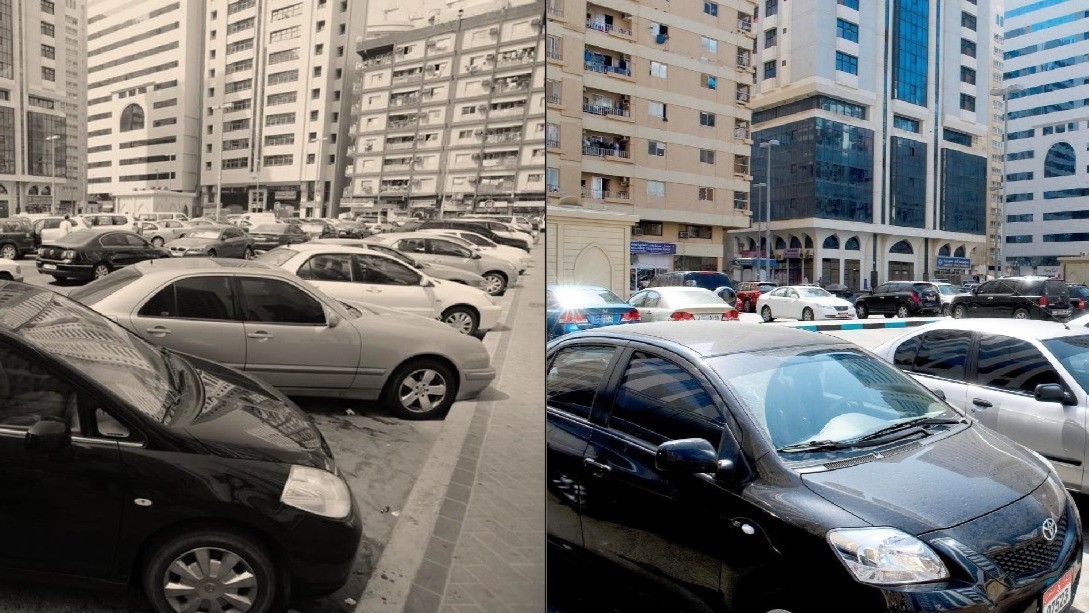Managing the Curb: PanStreet's Lessons from Abu Dhabi’s Transformation

When we talk about city curbs, the narrative is often limited to traffic fines and "No Parking" signs. But my experience on the ground in Abu Dhabi showed that real change requires a lot more than signage—it takes a new playbook, starting with one critical step: a dedicated local law for the curbside.
Traditional traffic regulations weren’t built for the complex demands of modern curbs—delivery zones, pedestrian access, dynamic parking needs. In Abu Dhabi, curbside regulation only became effective once a special local law brought these spaces under the stewardship of the transport department. That law defined:
- Who can use sidewalks—and how
- Which parking spaces (paid or free) are considered regulated
- Where transport enforcement ends and police jurisdiction begins
One key shift was transferring enforcement from the police to specialized teams within the transport authority. This enabled more targeted and consistent curbside management—freeing up police while raising the curb’s operational standards.
Four Pillars of Success
Based on my experience, four elements made the difference:
1. Clear Signage & Markings
Compliance starts with clarity. Visible, well-placed signs and markings eliminate ambiguity and improve public understanding.
2. Transparent Space Regulation
New developments in Abu Dhabi are now required to include defined parking provisions—no more guesswork or informal deals in high-demand areas.
3. Empowered Enforcement
Fines only work when they’re enforceable. The law introduced stronger measures—towing for repeat violations and blocking licence renewals for unpaid fines. That got attention.
4. Pedestrian Rights Codified
Curbside reform wasn’t just about cars. Sidewalk use and pedestrian access were given legal protection, supporting safer, more inclusive streets.
A New Outlook on City Space
The curb isn’t a side issue—it’s a front line of urban life. Abu Dhabi’s model shows how aligning law, enforcement, and street design can turn curbside chaos into a public asset.
If your city is struggling with similar challenges, there is a path forward—but it takes vision, legal clarity, and boots on the ground.
About PanStreet International 
In 1988, Schweers developed and manufactured the very first handheld mobile computer with an integrated printer designed for parking enforcement. Now, 30 years and 1,200 municipal customers later, our success is still based on the same fundamental principles. Innovation, ingenuity, quality, and long term goals are the foundation of Schweers' success. By working hand in hand with our customers and partners, we are able to empower each other and find mutually beneficial solutions. From working together, customers in the USA benefit from the lessons learned in Australia, and those in Australia learn from solutions developed in the United Arab Emirates, and thus the circle continues. At Schweers we believe that common goals can only be reached through extensive collaboration.




Comments
There are no comments yet for this item
Join the discussion